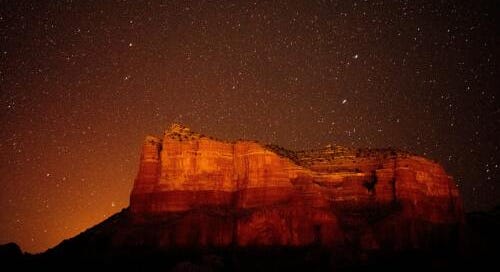Different societies on Earth seem to conceptualise nature in entirely different ways. A fascinating paper by Miller and Kirk shows how our perceived strength shapes our attitudes to nature. But will we ever be able to reach a stage where we can peacefully and respectfully coexist with the universe?
This is a premium post, available only to supporters of Daily Philosophy. To be part of this exploration of our future and to support your favourite weekly dose of philosophy geekiness (broadly construed, as philosophers are fond of saying), please subscribe right here:
Find the previous post in this series here:
Viewpoints
It’s interesting to think about how our situation within the world changes our ethics toward it.
Today, when we look at an ocean or a forest, many of us will only see a resource: a particular number of fish or trees and their market value in fish fingers or timber. But this was not always the case.
Tribal societies living in nature often have a different view of their surroundings. Where people are not yet able to dominate their environment, they perceive nature as something powerful and potentially threatening: a place where unpredictable gods reign, where a sunny day might suddenly turn into a thunderstorm, where a stroll in the woods might end with an encounter with a wolf or bear. People in this situation won’t see nature as a resource to be exploited, but as a potent agent. Perhaps they will personify nature’s agency and imagine it filled with spirits or gods and try to devise means to secure the favour of these spirits. They might offer them sacrifices, build churches on the shores of wild seas, and perform magical rituals to ask for rain or a good harvest.
Keep reading with a 7-day free trial
Subscribe to Daily Philosophy to keep reading this post and get 7 days of free access to the full post archives.





